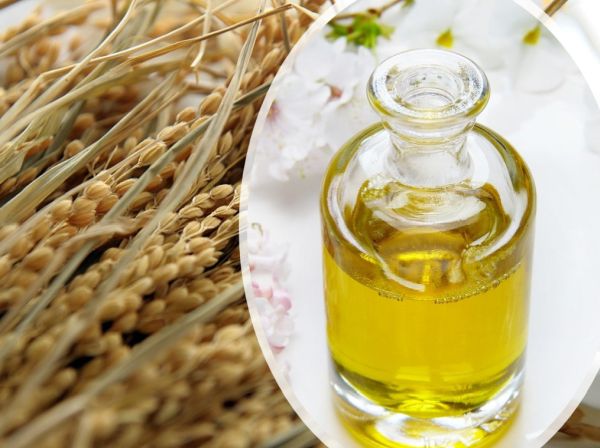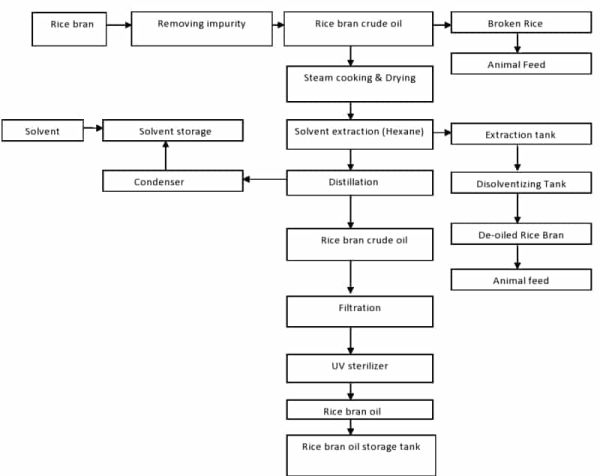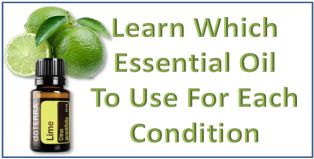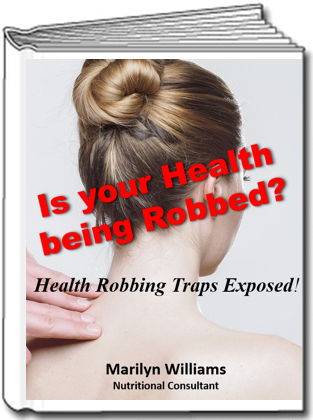I have been asked if Rice Bran Oil is an authentic health food, or is it one of the oils best to stay away from?
In reality, it comes down to what oils need to go hrough before they arrive in your pantry as a clear amber substance.
Some oils are produced simply by squeezing the produce so that the resultant oil maintains all of its original qualities, but many oils undergo quite horrific processes which as far as I’m concerned, I would rather not place it in my body.
Let’s look at some good examples:
- Olive Oil – The oil is simply squeezed out of the olives. The best way is through cold-pressing when there is no heat involved.
- Avocado Oil – naturally full of oil
- Nut Oils – (Think peanut butter…) unless it’s homogenized, the oil will just rise right up to the top.
- Good beneficial nut oils include Macadamia and Walnut
- Coconut Oil – First squeeze the flesh to release the milk and then leave to separate the oil. Some heat and freeze the milk to hurry up the process.
As opposed to these examples:
- Vegetable Oil –
- Seeds squeezed at high pressure
- Remaining meal washed in chemical solvent (usually petroleum) to extract remaining oil
- Oil washed in sodium hydroxide (lye – a harsh destructive chemical)
- Spun to remove impurities
- Remaining oil is cloudy requiring further processing to clear it up
- The wax is made into vegetable shortening or margarine using a hydrogenation process (now trans fats are created)
- Further treatment to improve the colour of the oil
- Washed, filtered, bleached
- The awful rancid smell requires chemical deodorisation otherwise no-one would never eat it!
- Finally, poured into plastic bottles where the oil draws out nasty chemicals from the bottles
- Not really made of vegetables but a mixture of canola, corn, cottonseed, soy and sunflower
- May be processed at extremely high heats which means they are rancid before they hit the supermarket shelves
- Canola Oil – Cleaning > Heating & Flaking > Cooking > Pressing > Solvent extraction > Further refining to improve flavour, colour, shelf life and removal of colour pigments (bleaching) and finally Deodorisation.
- Rice Bran Oil – Degumming > Deacidification > Decolourisation . Deodorisation > Dewaxing > which gives a standard rice bran oil.
(Canola and Rice Bran go through many similar processes to the Vegetable Oil.)
How They Extract Oil from Rice Bran
The object of all these processes is to create a colourless, odourless and flavourless oil.
But are there any Health Benefits?
- High in oryzanol and tocotrienols which are rarely found in other oils
- Oryzanol blocks absorption of cholesterol and treats menopausal disorders
- Tocotrienol converts into Vitamin E
- Phytosterols (more abundant in this oil than any other) with anti-inflammatory effects, inhibiting the growth of cancer cells and improving the immune system etc.
- SFA : MUFA : PUFA =
- Saturated Fatty Acids : Monounsaturated Fatty Acids : Polyunsaturated Acids
- It’s the ratio of these three that are important and Rice Bran Oil comes very close:
- Ideal ratio is 27-33% : 33-40% : 27:33%
- Rice Bran Oil is 24 : 42: 34
- A high smoke point
- Potential anti-cancer and anti-infection agent (University of Rochester scientist studying since 1996)
- Very affordable
What about any Health Risks
- Oil is no longer a natural product
- Majority of oil in the market place is not cold pressed but is chemically extracted
- High levels of Omega-6 together with a low level of Omega-3 = 20:1 which is way off the charts
- Levels should be between 2.5:1 up to 5:1 maximum
- This can cause inflammation giving rise to many condition throughout the body
- Arthritis
- Cancer
- Diabetes
- Heart Disease
- Skin disorders
- Stroke
- Potential of being genetically modified
- Most of the Oryzanol content is lost through the processing
- Heavy metals are often detected in the oil as the bran has a high metal concentration
- Rises free radical production
- High consumption of Omega-6 increases likelihood of both breast and prostate cancer
Why I Choose Not To Use Rice Bran Oil
I’m one of those people who doesn’t drink coffee. What I find amazing is that coffee drinkers often tend to drink nothing else but coffee… over and over again. Why? There are so many other drinks to enjoy throughout the day, why only drink coffee?
Well it’s the same with oil. No, I don’t drink oil, but there are some very good oils we can use that contain a host of health benefits, so why not go for those rather than use an oil, any oil, that is compromised?
I don’t like the list of processes Rice Bran Oil needs to go through to be produced. And… I certainly don’t like the idea of eating a product that has undergone Hexane treatment, or the fact they need to deodorise to recreate an edible product.
My feeling is that Rice Bran Oil has been completely compromised. Any health benefit I may receive from consuming it, does not balance out well against the health risks.
Dr Jagdev Singh
John Summerly (Nutritionist, herbologist, homeopathic practitioner)
![]()



 Marilyn Williams
Marilyn Williams


